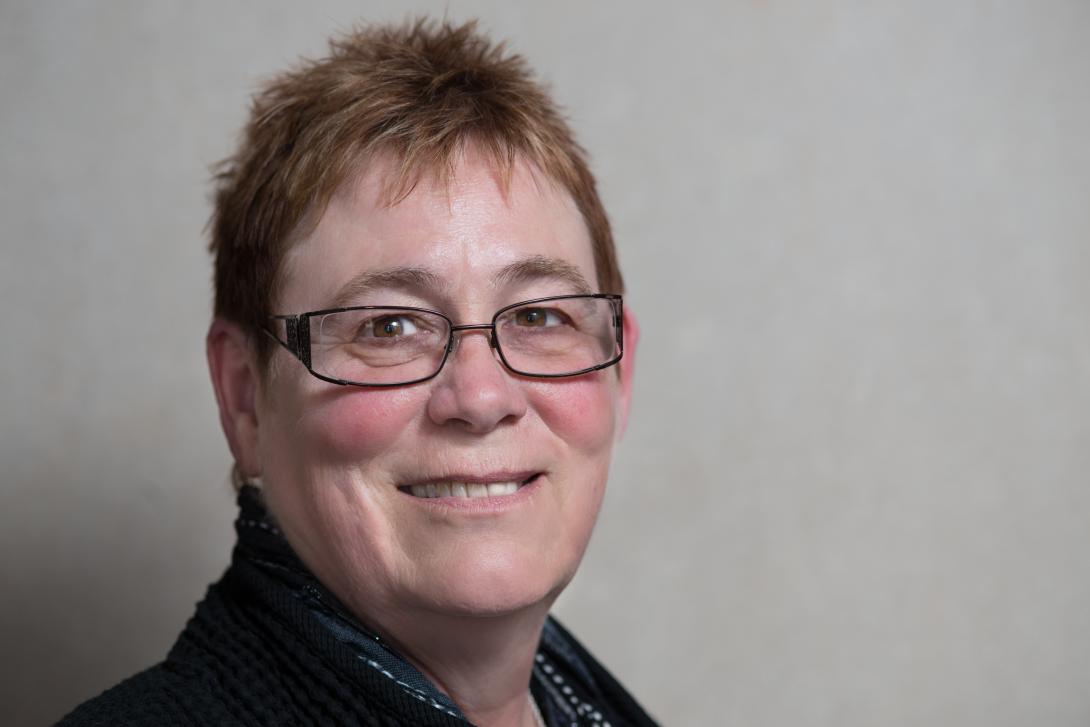Summer 2014
Susan King, D.Min., Director of Outreach for IGR and the Associate Director of the Life Sciences and Society Program at the School of Public Heath, was recently awarded a Faculty Development Fund grant through the Center for Research on Learning and Teaching (CRLT).
The grant will provide funding to further develop two new courses at the School of Public Health adapted from the IGR Intergroup Dialogue course sequence—Public Health 510: Intergroup Dialogues on Race, Socioeconomic Status, and Health Equity (piloted Fall 2013) and Public Health 620: Training Processes in Intergroup Dialogue Facilitation for Public Health (piloted Winter 2014).
Both courses explore the ways in which health disparities are often correlated with social/cultural aspects of communities and their differential access to power, privilege, and health resources. The grant will allow for the development of an additional component to these courses to help students more directly identify how the use of dialogic skills in public health settings can contribute toward health equity and socially just communities.
Dr. King plans to (1) bring community public health professionals who work to address health disparities into the classroom to facilitate conversations about the ways in which dialogue skills can/have been applied to situations and how they have lead to positive outcomes and (2) to support students in sustained practicums in small groups with public health community organizations and public health outreach activities where they can apply dialogic skills (e.g. health fairs, free clinics, etc.) Whereas the PH510 course will focus on the application of dialogic skills in these settings, students in PH620 will take it to the next step by learning and practicing how to partner with these community organizations to facilitate conversations and support others in implementing dialogue skills.
The overarching goal of this initiative is to give public health graduate students the real world experiences to discern when their personal or professional actions may inadvertently be creating, rather than reducing disparities, and help students (the future workforce) more clearly discern how individual and community values can be used to tailor health messages, practices, and politics in local schools, businesses, and governments to reduce health disparities.

